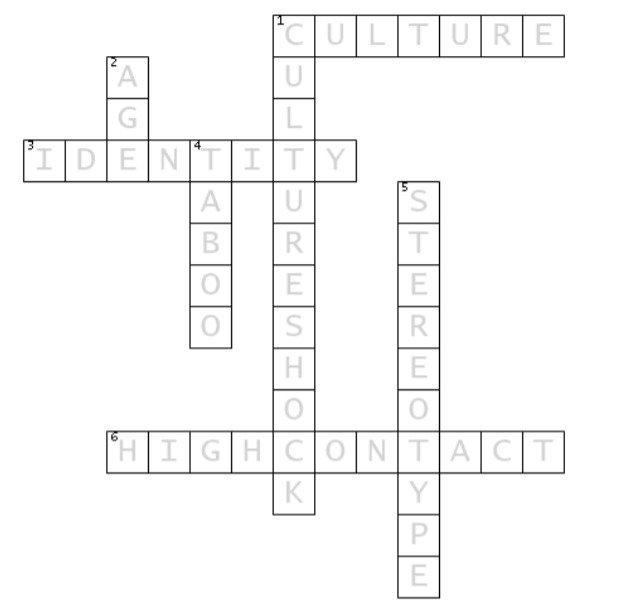Aristotle’s Model of Communication

Aristotle (384-322BC) was an ancient Greek philosopher and scientist born in Greece. He was a student at Plato’s Academy in Athens.
In Western thought, reflections on the ways and importance of communication go back as far as Aristotle (384 – 322 BC), the famous Greek philosopher. His book on rhetoric, Ῥητορική (in Latin: Ars Rhetorica; titles of English translations vary: On Rhetoric, The Art of Rhetoric etc.) has remained an important touchstone and work of reference in communication studies ever since.
To give you some idea of his thought, here is an excerpt from his famous definition of rhetoric:
Rhetoric may be defined as the faculty of observing in any given case the available means of persuasion. […] Of the modes of persuasion furnished by the spoken word there are three kinds. The first kind depends on the personal character of the speaker; the second on putting the audience into a certain frame of mind; the third on the proof, or apparent proof, provided by the words of the speech itself.
– Aristotle, Rhetoric, Book I.2; The Complete Works of Aristotle. Re Revised Oxford Translation, ed. Jonathan Barnes, 2 vols, Princeton: Princeton University Press, 1984, II, 2155
You can see why Aristotle’s reflections on rhetoric are often considered to construct the first model of communication, consisting of the five elements of (1) speaker, (2) speech, (3) occasion, (4) audience and (5) effect:


